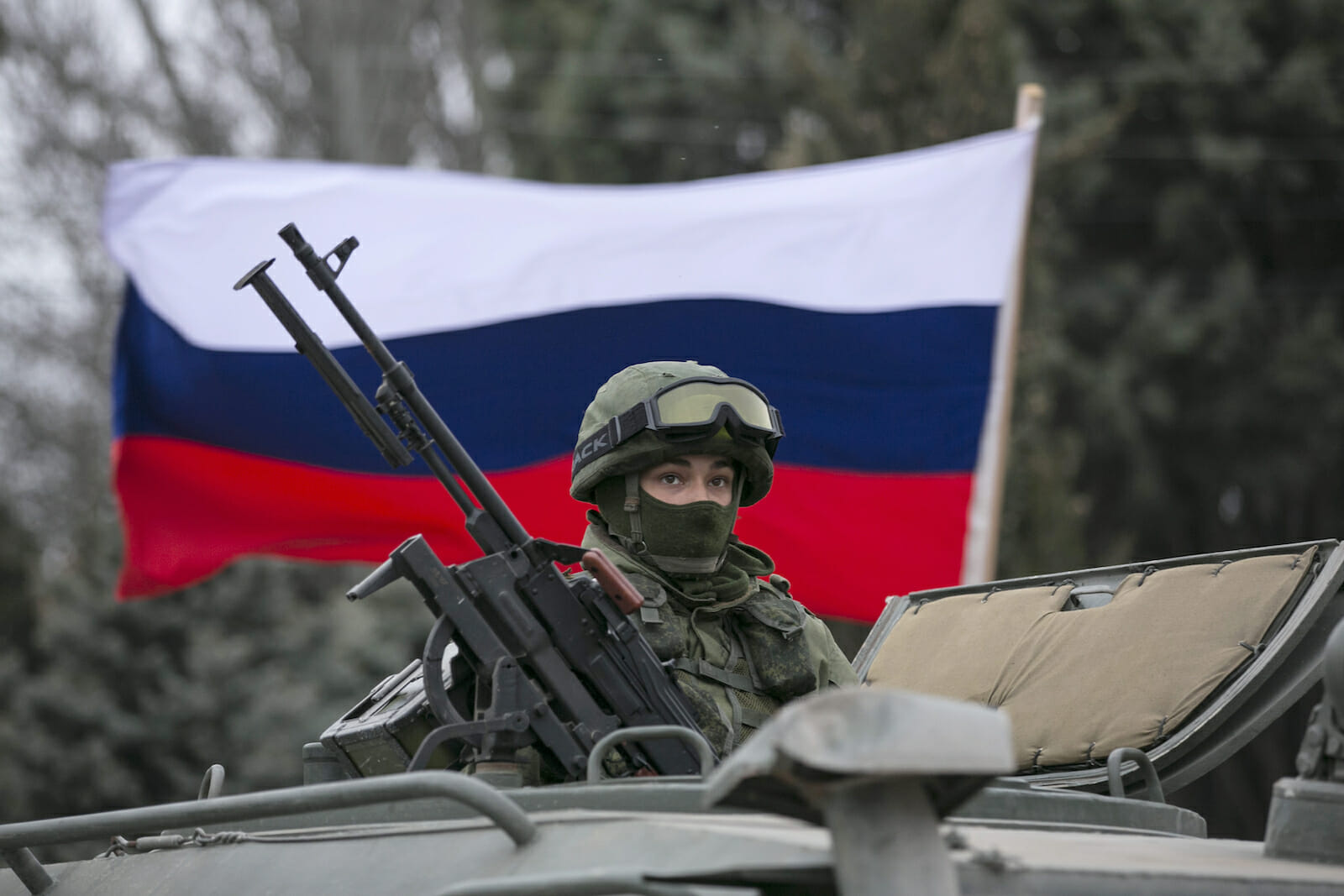
Crimea’s Unique Pro-Russian Position
Russia’s recent course of military action in Ukraine is difficult to justify as legitimate in the 21st century. Henry Kissinger aptly called Russia’s actions, “beyond accepted norms.”
Putin’s response to Western critics of direct Russian involvement by explaining that Russian forces are not on the ground despite the presence of Russian helicopters and vehicles has been soundly rejected by world leaders and international media. While the troops do not have Russian markings they are undoubtedly Russian. Putin’s argument for the need to protect ethnic Russians from the instability has also been soundly rejected. Most troubling for Kyiv is Putin’s repeated insistence that his intentions are not to annex the Crimea.
However, Crimea’s parliament has voted to secede from Ukraine and join Russia and is now planning to put the referendum up for a vote. The underlying problem is that the vote is being held only in the Crimea. Ukraine’s prime minister and many world leaders have correctly pointed out that its legitimacy will be in question. The question being asked on the referendum is: “Are you in favor of Crimea becoming a constituent territory of the Russian Federation?” Regardless of Russia’s military actions, are its political objectives in the Crimea legitimate? The answer quite possibly might be yes.
The Crimean geopolitical landscape is complicated. Crimea is an autonomous region interwoven with the Kyiv government that borders Russia and provides Russia with a naval base on the Black Sea. Nikita Khrushchev famously gave the Crimea away in 1954.
Nina Khrushcheva, the granddaughter of the former Soviet premier explains that Khrushchev always had a soft spot for the region: “He wasn’t Ukrainian, but his wife, Nina, was from western Ukraine…He was also rewarding Ukraine because it had unjustly suffered from Stalin because of the Holodomor. [The famine in Ukraine created by Stalin in the early 1930s, when millions died.]”
Ukraine’s control over the Crimea is controversial. The majority of residents, over 60 percent, are ethnically Russian with a large Tatar Muslim population, many of whom Joseph Stalin originally deported in the 1940s. The majority of the two million residents have welcomed Russia’s involvement with open arms. The very nature of the Crimea is already removed from the greater Ukraine. Russia knows this and is playing to the realities on the ground.
Whether the Crimeans will hedge their bets is not completely certain but public opinion favors Moscow. If the Crimeans decide to join Russia, there is a precedent for the people to democratically decide to achieve this. The key here is that it must be a legitimate, free and fair election. The West could do more to ensure that the succession is done democratically. Russia could encourage international monitors to verify the process, which would silence Western critics.
There are a lot of “ifs,” but the ultimate factor is the level of confidence that Moscow has engendered with its pro-Russian supporters in the region. EU diplomats should push for democracy as a way to resolve the current quagmire. So what if Crimea decides to go east? To ease tensions, Kyiv should reestablish ties with Moscow. Russia may not want an outright annexation but if it plays its chess game right, it will have isolated a substantial piece of Ukrainian waterfront even if it withdraws its forces. This is not likely now, given that Russia knows that if it moves its forces out, Ukraine and the West will fill the void.
The Western response has been wholly unproductive from the start. First, the EU forgot that it just scored a major political victory in Kyiv and it may squander the whole project and its relations with Russia by offering the loser nothing in return. Russia can easily be influenced by Western standards when it is forced to defend its pieces and its moves are large, open and calculable. Backed into a corner diplomatically, Russia makes bold moves. Only if there is rational debate and dialogue will Russia’s goals be understood. Russia’s game, with 150,000 troops on the border is all that matters now, as Vladimir Putin has made clear to the EU and the US.
The vitriolic language from the Ukrainian leadership and the West needs to be toned down in order to cool tensions. Isolating the Russians is not a constructive approach. Tit-for-tat sanctions will have no effect on present Russian designs. Russia cannot be effectively isolated. Unless the West is willing to take military action to keep the Crimea in Ukraine, the Crimea will decide its own fate. Ultimately both Ukraine and Russia should avoid a tense situation from turning violent.

